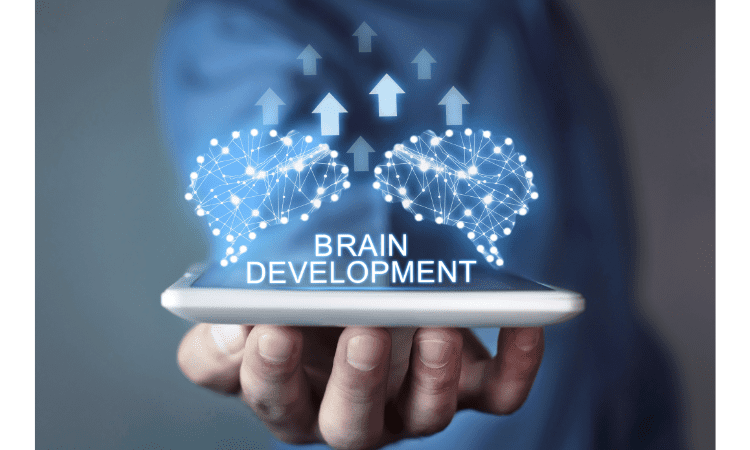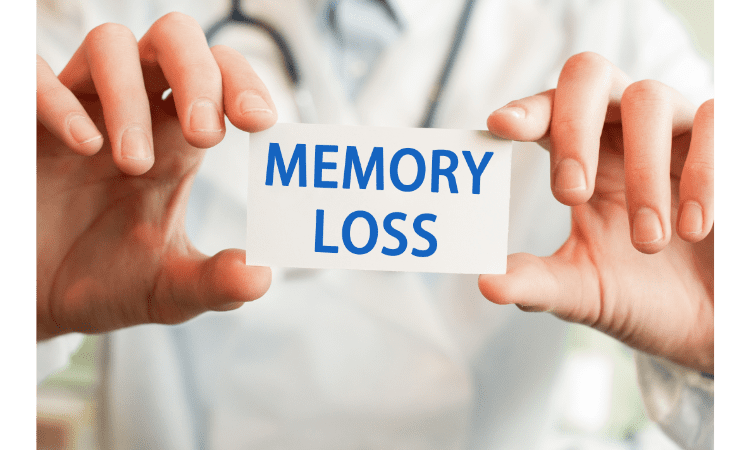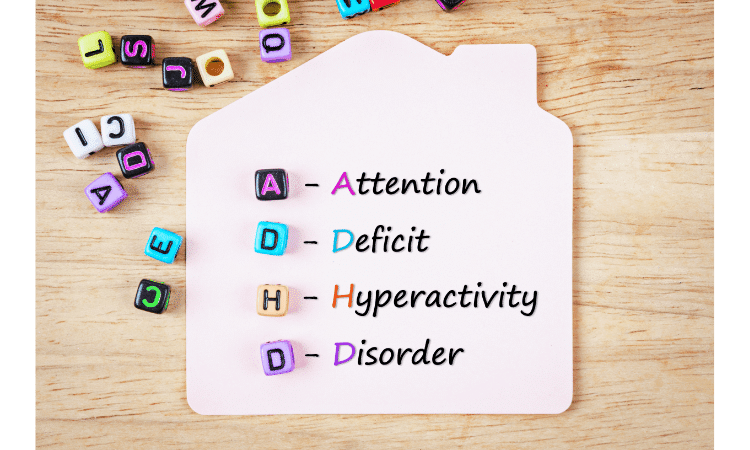
Omega-3 fatty acids are a type of essential fatty acid that your body needs but can’t produce on its own. These essential fats are found in fish, nuts and seeds, and other foods. Although omega-3s have many benefits for your health and well-being, the main benefit is their ability to support brain function. This article will explain how they do this, who may benefit from them most, and what kind of foods they’re found in.
What are omega- 3 fatty acids?

Omega- 3 is a type of polyunsaturated fatty acid that plays a role in the health and function of the brain. These essential nutrients help keep brain cells healthy and reduce damage from free radicals. The two main types of omega- 3’s are alpha linolenic acid (ALA) and eicosapentaenoic acid (EPA). ALA is found in vegetable oils and some nuts, while EPA is found in fish oil supplements or other marine sources such as krill oil.
Tips about omega- 3 fatty acids help the brain
Development of brain

Omega-3 plays an important role in the healthy development of children’s brains. These are essential fats, meaning that they cannot be made by your body and must be consumed through food or supplements. Fats from vegetable oils, nuts, seeds, and some fish are rich in omega-3 fatty acids.
The brain is about 60 percent fat and needs omega-3 for optimal functioning because they contribute to the formation of cell membranes in neurons (nerve cells), which helps with communication between cells. Omega-3 fatty acids also have anti-inflammatory properties that protect cells from damage caused by oxidation (reactions involving oxygen).
Improved sleep quality

Omega-3s improve your sleep quality by reducing the time it takes you to fall asleep and increasing the quality of your sleep. Research shows that it can reduce insomnia by improving sleep quality, especially in older adults. Omega-3s also help reduce obstructive sleep apnea and other breathing disorders that cause poor sleep or awakenings during the night. If you’re having trouble sleeping because of stress or anxiety, omega-3s can also help provide relief by lowering cortisol levels, which helps regulate blood pressure and relieve mental stress.
It is also known for its ability to improve memory function as well as mood disorders such as depression, bipolar disorder, and schizophrenia.
Improving mild memory loss

The most commonly reported benefit of omega-3 fatty acids is a reduction in mild memory loss. Since the brain undergoes extensive development during childhood and adolescence, it makes sense that consuming omega-3 during this time can help improve brain function later in life. Omega-3s are also believed to enhance mood and mental clarity, boost immunity, improve heart health and more.
Restrict inflammation in the brain

Inflammation is the body’s natural response to injury or infection. It can be good, as it helps your immune system to fight off intruders and repair damaged tissues. Inflammation becomes problematic when it isn’t shut off properly and continues for too long, causing chronic inflammation that may lead to serious health problems like heart disease, diabetes, and cancer.
One of the most important ways omega-3 helps your brain is by reducing inflammation. Omega-3s reduce levels of proinflammatory molecules in the bloodstream; these molecules are associated with an increased risk for depression and dementia. They also increase levels of anti-inflammatory ones, which can help prevent cognitive decline by protecting against brain cell death caused by oxidation (an overproduction of free radicals).
Reducing symptoms of ADHD

People of all ages with ADHD can benefit from omega-3 fatty acid supplementation.
- In children, supplementing with omega-3s may help reduce symptoms of ADHD and boost attention span. Children with ADHD who take fish oil show greater improvements in behavior, learning, and working memory than those who do not take fish oil.
- In adults, supplementing with omega-3s may improve symptoms of ADHD by increasing focus and reducing impulsive behavior or irritability. Adults with ADHD have shown improvements in their ability to pay attention after taking fish oil supplements for three months or longer.
- For both children and adults, it’s important to find the right dose of it so you can experience the benefits without side effects such as nausea or gastrointestinal discomfort (more on this later).
Decreased depression and anxiety

You may have heard that omega-3 fatty acids are good for your brain. It’s true! Omega-3 has been shown to help maintain healthy moods and reduce depression and anxiety. This is because the human body cannot produce essential fatty acids on its own, which means we must get them from the diet. Our bodies use these essential fats to make hormones and other substances that play an important role in many bodily processes.
In addition, there are two types of omega-3 fatty acids: alpha-linolenic acid (ALA) and eicosapentaenoic acid (EPA), both of which can be found in certain foods like flaxseeds or walnuts as well as some fish such as wild salmon or sardines. When ALA gets converted into EPA then it becomes more effective at reducing signs of depression by increasing neurotransmitters such as serotonin levels.
Helps boost neurotransmitter production

Neurotransmitters are chemical messengers that help the brain send signals between neurons. They play a vital role in many areas of mental health, including mood, learning, and memory.
The production of neurotransmitters is controlled by two important enzymes: acetylcholinesterase and monoamine oxidase (MAO). Omega-3 can affect the activity of these enzymes, which means they may be able to increase neurotransmitter levels in the brain.
Conclusion
The brain is a complex organ that needs a lot of energy to function properly. This energy comes from the food we eat, including omega-3. These fatty acids are found in fish and nuts, but they are also available in vegetable oils such as canola oil or soybean oil. Eating foods rich in omega-3s helps us stay healthy by promoting the production of hormones, which help our bodies function at optimum levels.











